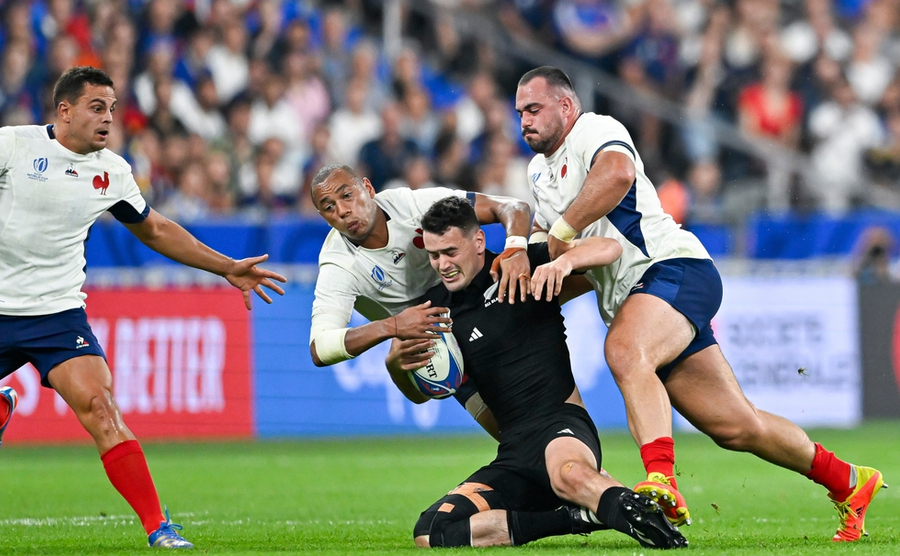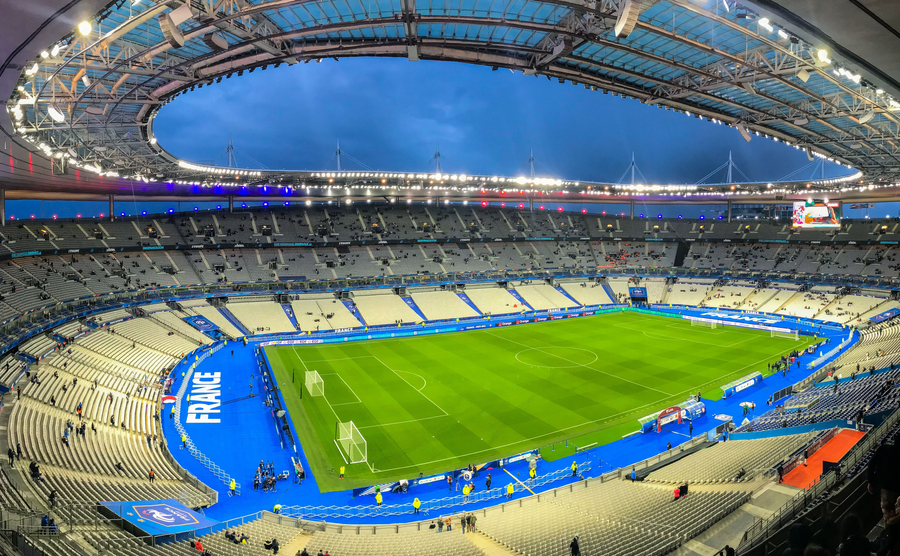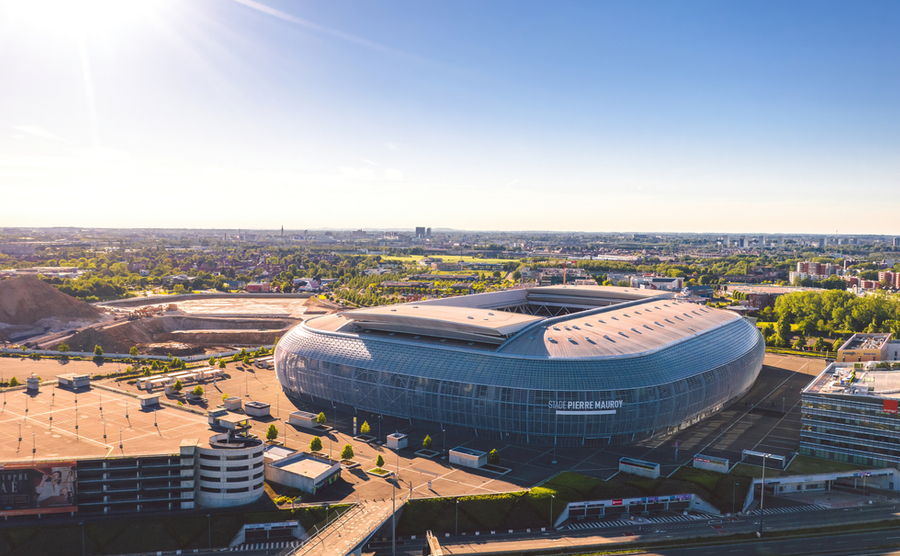One way to immerse yourself in French life is to show an interest in one of the nation’s favourite sport – rugby! With the Rugby World Cup here, we delve into the best stadiums to enjoy the sport.
Mention the sport of rugby to almost anyone over the age of 18 in the south of France and you will probably see their eyes light up. At least that has been my experience, even though I confess to not actually being the greatest expert when it comes to the rules of this incredible game. Somehow the French seem to have their love of rugby lodged deep in their souls, as if nothing else matters. Interestingly, the game of rugby union was introduced into the country during the 1870s by British residents. Somehow it has grown to be one of the most popular sports played in France.
Now that the Rugby World Cup is here, there is a fantastic atmosphere in many bars with a real feeling of community and joy. More than that, the French are a very sporting nation and are quick to congratulate any winner, even if it is not “les bleus”.
So even though I admit I do not totally understand the rules, it is hard not to be caught up in the general jovial atmosphere right now as the Rugby World Cup is well underway.
The 2023 Rugby World Cup is taking place in various venues across France from September 8th until October 28th. It is the first time it has taken place entirely in the country. It also happens to be the bicentenary year of the sport’s invention by William Webb Ellis. It’s actually the third time that France has played host to the Rugby World Cup and is an important fixture in France’s calendar, coming as it does a year ahead of the summer Olympic Games which will be held in Paris.
Find homes in France via our property portal.
Where are the games being played?
There are nine stadiums across France where the matches are being played. Here is your list of them all and a few interesting notes on each one so that you can follow the whole event (and perhaps make your own notes!):
The Stade de France, Paris (capacity 80,023)
This stadium was built for the 1998 FIFA World Cup and is France’s largest stadium. It hosted the opening match between France and New Zealand on September 8th and will host both semi-finals as well as the bronze final and the final on October 28th. It is situated in the north of Paris in Saint-Denis.
The Stade de Bordeaux (capacity 42,060)
This stadium is the home of Bordeaux’ ligue 1 football club. Five matches were played here during the UEFA Euro 2016.
The Stade Pierre Mauroy (capacity 50,096)
This stadium is located in Villeneuve-d’Ascq, Lille in the north of France. It has a retractable roof and was built for the city’s football team. Several different events have taken place here such as Three Davis Cup finals and some high end music concerts.
The O1 Stade (capacity 58,883)
This is the home of Olympique Lyonnais and has acted as host for many other sporting events also. Lyon is a very popular city with both the French and visitors and the stadium was host to the FIFA Women’s World Cup in 2019.
The Stade de Marseille (capacity 67,847)
This stadium is one of the oldest, having been opened in 1937 and refurbished several times since then. It is the home ground of Olympique de Marseille and also hosted the FIFA World Cup in both 1938 and 1998.
The Stade de la Beaujoire (capacity 35,520)
Situated in Nantes, in the Loire-Atlantique, this stadium was built in 1984 and is home to the Nantes football club who are in Ligue 1. It also hosted some games in the Euros 1984 as well as the 1998 World Cup.
The Stade de Nice, Allianz Riviera, Nice (capacity 35983)
The home of the football club OGC Nice, in Ligue 1, this stadium hosted the Euros in 2016 as well as the FIFA Women’s World Cup in 2019.
The Stade Geoffroy-Guichard, St. Etienne (capacity 42152)
This stadium is the oldest of the lot! It was officially opened in 1931 and has had several renovations since then. It was named after a businessman who originally bought the land on which it sits.
The Stadium de Toulouse (capacity 33,103)
This stadium was built for the 1938 FIFA World Cup and has also been through several renovations since then. It is historically mostly associated with the game of rugby rather than football. Toulouse and the surrounding area is home to many passionate rugby enthusiasts.
How many teams are there?
Altogether there are 20 teams playing in this World Cup with the opening game having been played at the Stade de France in Paris on September 8th. You may have watched Bill Beaumont making an impassioned speech, mostly in English, followed by President Macron, mostly in French! Each team has its practice headquarters and base camp in a different part of France.
You might also like:
















